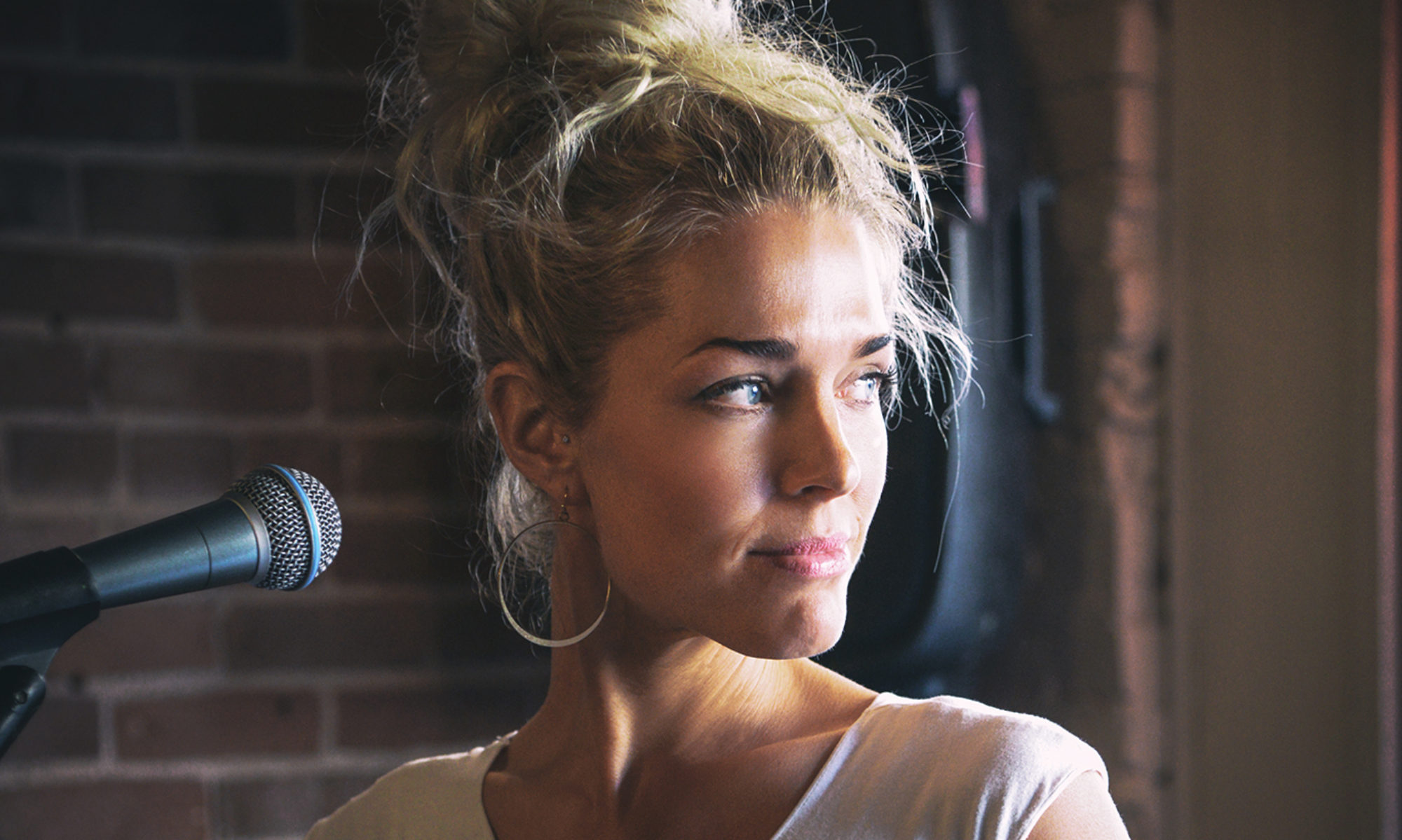
Inpatient care is the most intensive type of marijuana addiction treatment available. People who abuse marijuana or have an addiction to marijuana can go to rehab. Marijuana rehab is also available for individuals struggling with withdrawal symptoms.
Mental Health Resources

They often return home for meals (depending on the program) and to sleep. Residential treatment rehab programs are ideal for people who have previously failed to overcome their addiction or have a very severe case. However, the length of treatment may vary depending on the patient’s circumstance. Thus, patients will sleep, eat, and undergo all therapies and treatment programs while living at the facility. The National Council on Alcoholism and Drug Dependence Hope Line provides information on addiction, over-the-phone assessments and referrals to NCADD-affiliated nonprofit treatment centers.
- Individuals who obtain the drug illegally can still use it for relatively harmless reasons like treatment and recreation.
- In recent surveying, one third of 10th graders and 44% of those in the 12th grade reported having used the substance in their lifetimes, according to the National Institute on Drug Abuse.
- A person is diagnosed with marijuana use disorder when their drug use becomes problematic.
- Using marijuana with other substances may result in greater impairment than using it alone.9 It may also cause severe intoxication and dangerous—even fatal—effects, depending on the adulterant mixed with it.
- Hotlines can help you determine whether your marijuana use is causing problems, or they can help you understand the severity of your addiction.
Help for mental health, drugs, alcohol – No Insurance
- People who smoke heavily every day say they have less satisfying lives, more health and relationship problems and less success at work or school.
- This can range from treatments like medications or psychotherapy to harm reduction services to sobering centers.
- Many of our helpline operators and facility employees are also in recovery, so they can empathize and help you or a loved one navigate this journey comfortably.
- In 2020, of Americans aged 12 and up, roughly 14.2 million people (5.1%) had a cannabis use disorder.
- You might notice that some people in your life may be less supportive—particularly if much of your social life centers around marijuana use.
- Due to their highly structured and intensive approach, inpatient centers yield the highest rates of success for helping patients overcome their addictions.
All types of people find that they are overusing cannabis to the point where it is no longer fun or helpful. In fact, many of us found marijuana seriously harmed the important relationships and goals in our lives. The members of Marijuana Anonymous have developed 12 Questions for you to ask yourself. These questions can help you decide if you are addicted to marijuana.

National Hotlines
- Marijuana is legal for recreational use in 24 states and medicinally in 47 states with varying rules and regulations.
- All we can do is share with you our own experiences and recovery through the Twelve Steps of Marijuana Anonymous.
- In order to engage and keep the daytime-challenged population in treatment, we have to get imaginative and flexible.
The FDA recently announced a new tool through which investigators can determine if proposed treatments for alcohol use disorder (AUD) work based on whether they reduce “risk drinking” levels. The new tool can be used as an acceptable primary endpoint in studies of medications to treat adults with moderate to severe AUD. Deciding to receive treatment for marijuana addiction can be tough especially when some feel it is unnecessary.
What Can I Expect From a Marijuana Help Hotline?
If you’re concerned about your marijuana use or if you’ve been unable to stop smoking marijuana, you should call a hotline for information about marijuana addiction. Hotlines what is alcoholism can help you determine whether your marijuana use is causing problems, or they can help you understand the severity of your addiction. Marijuana hotlines are free resources for people who think they have a problem with marijuana use.

NON 12-STEP GROUP PROGRAMS
- The Substance Abuse and Mental Health Services Administration’s national helpline can help you find a behavioral treatment provider in your area that assists people with marijuana addiction.
- With their expertise, a treatment provider can determine the best course of action to help you stop your marijuana use.
- As we work to transition our SROL meetings to SMARTfinder, we need additional co-facilitators.
- You can also talk with a therapist or counselor about your marijuana use.
- Addiction services is an umbrella term that acknowledges that people need a variety of options to fit their unique circumstances.
Despite the prevalent notion that marijuana is entirely safe or free is marijuana addictive of any addictive potential, there is certainly evidence to suggest otherwise. But he faced barrier after barrier in his search – from the criminal legal system, insurance companies, and more. The Drug Policy Alliance is committed to working with elected leaders to remove barriers and increase access to addiction services. Furthermore, marijuana may be laced with other products or substances. Using marijuana with other substances may result in greater impairment than using it alone.9 It may also cause severe intoxication and dangerous—even fatal—effects, depending on the adulterant mixed with it. What is important to you may not be important to another person, and vice versa.
How To Help Someone Else Stop Smoking Weed

Vaporizing reduces the risk of damage to the lungs that can occur with smoking. The term “medical marijuana” was coined to describe the use of the Cannabis plant, either in whole or extract form, to treat symptoms or diseases. It is common knowledge that treatment and recovery require time and commitment. The more involved and dedicated the addict and alcoholic are to getting better, the greater chance they have to stay sober and not relapse.




